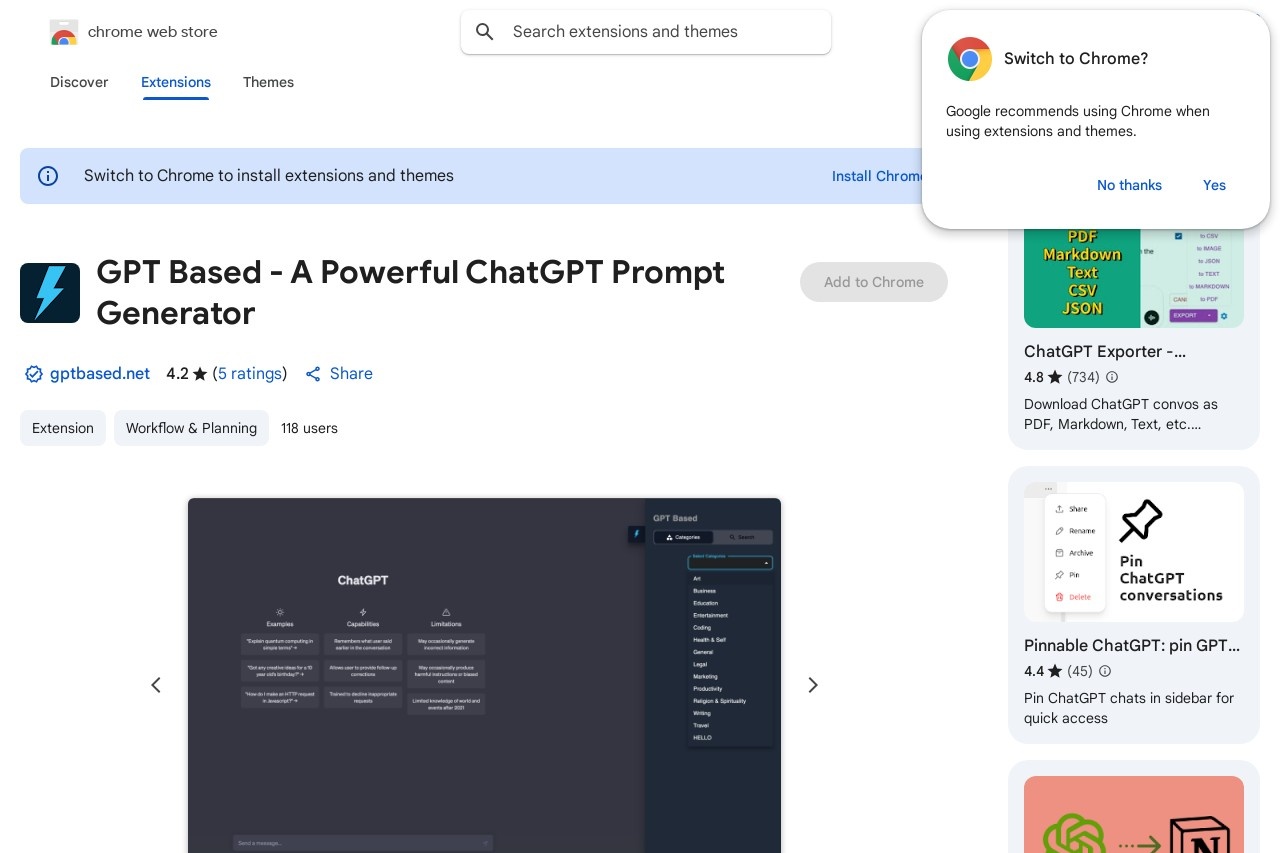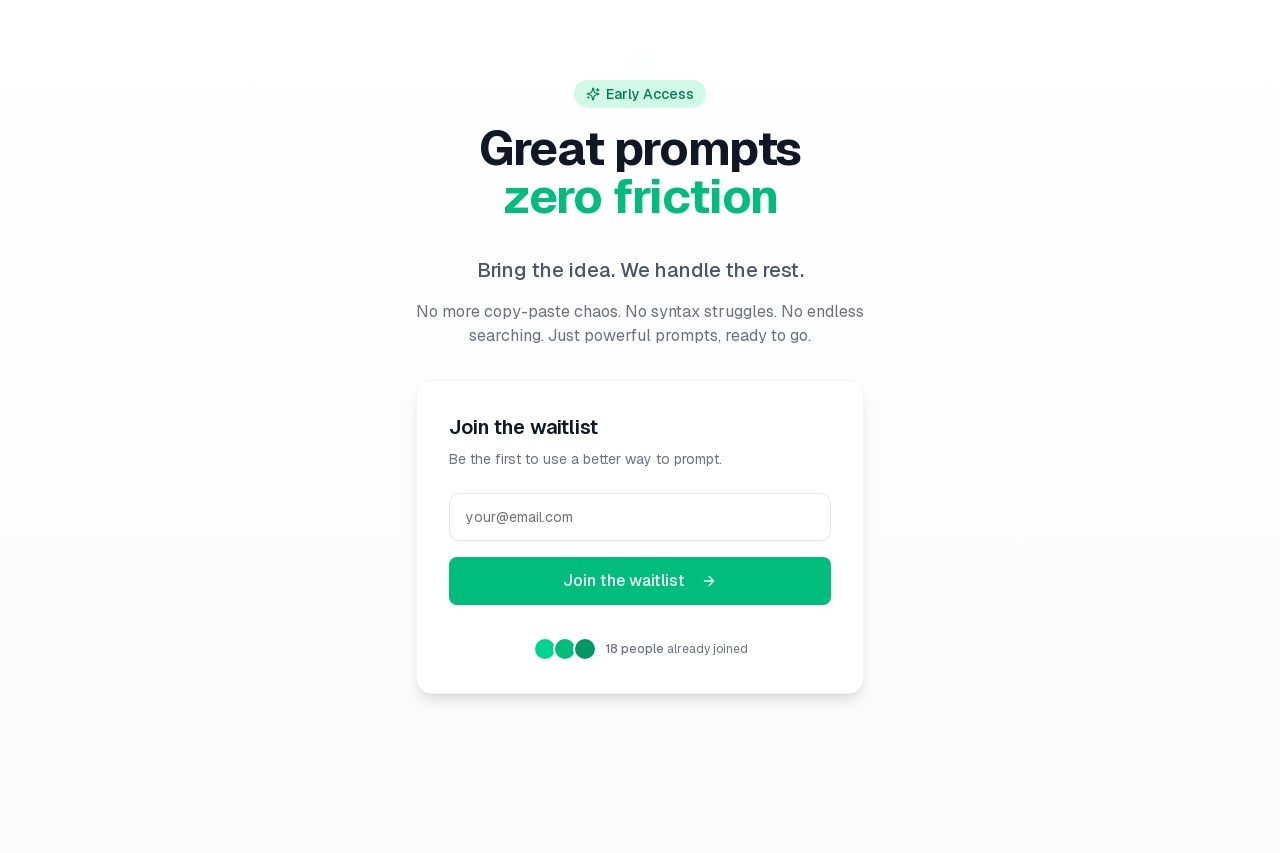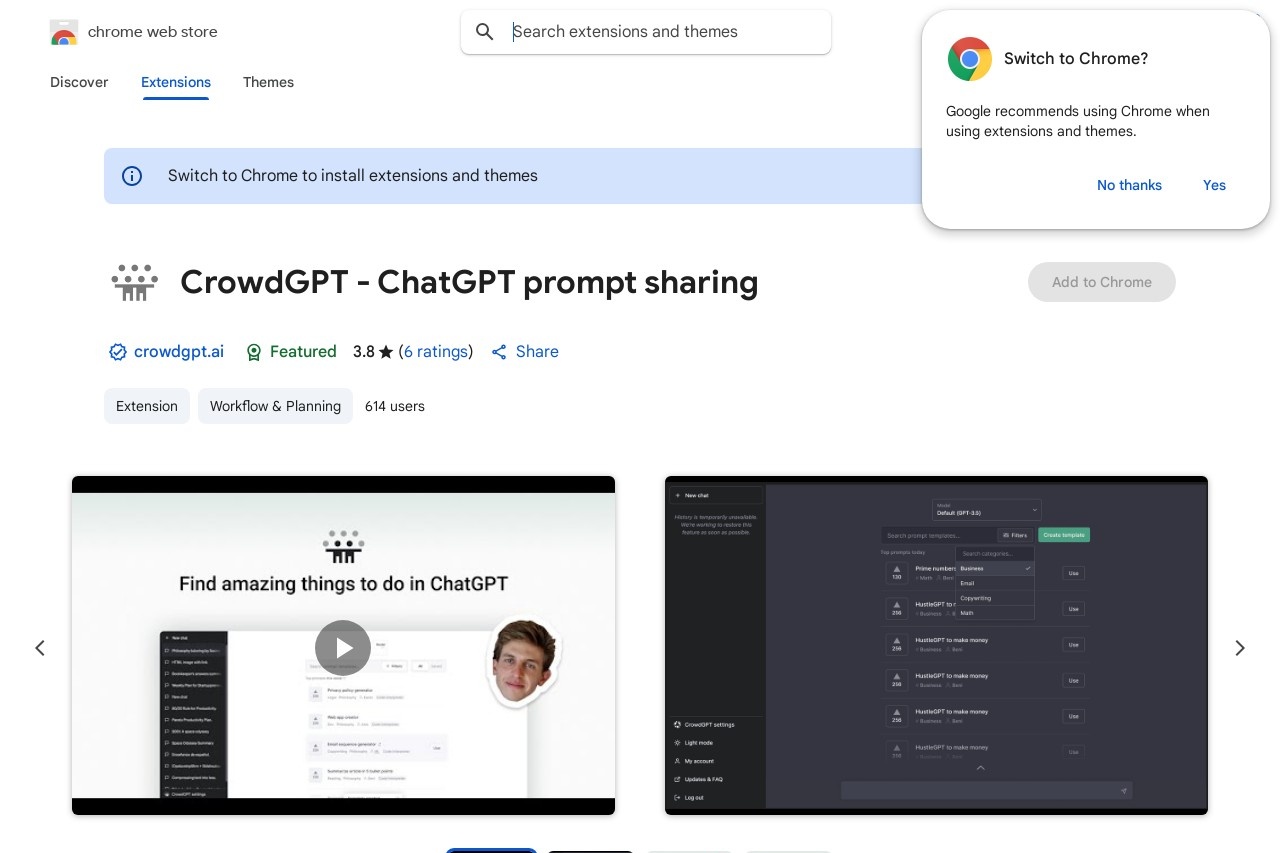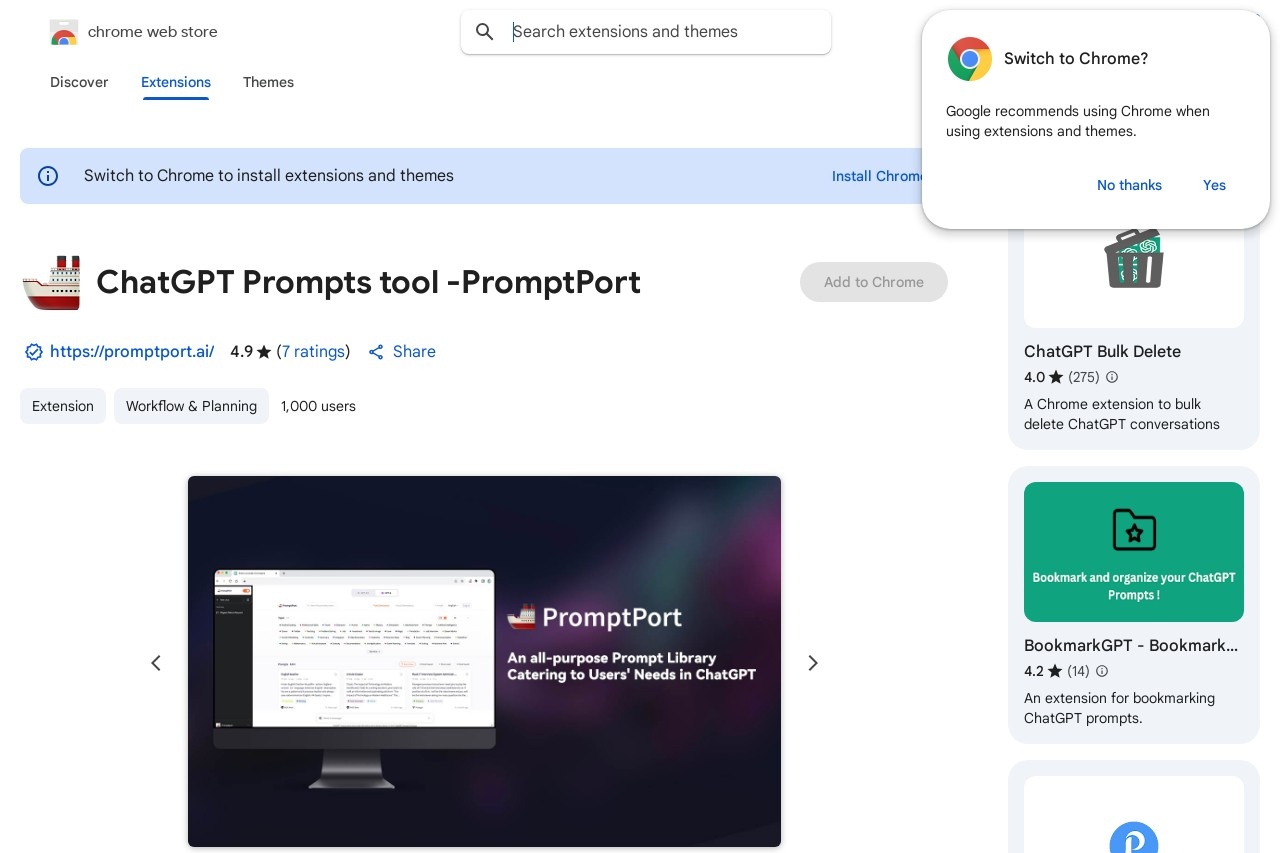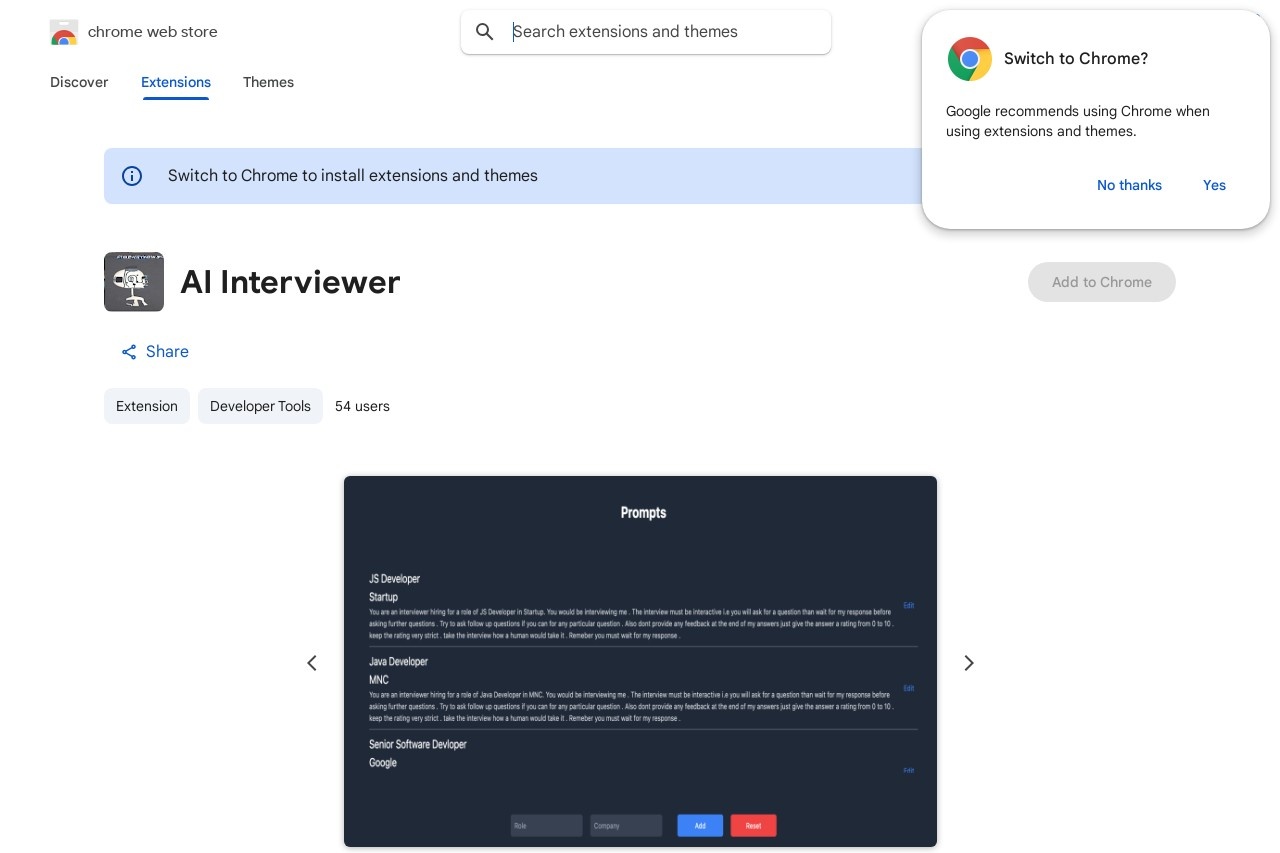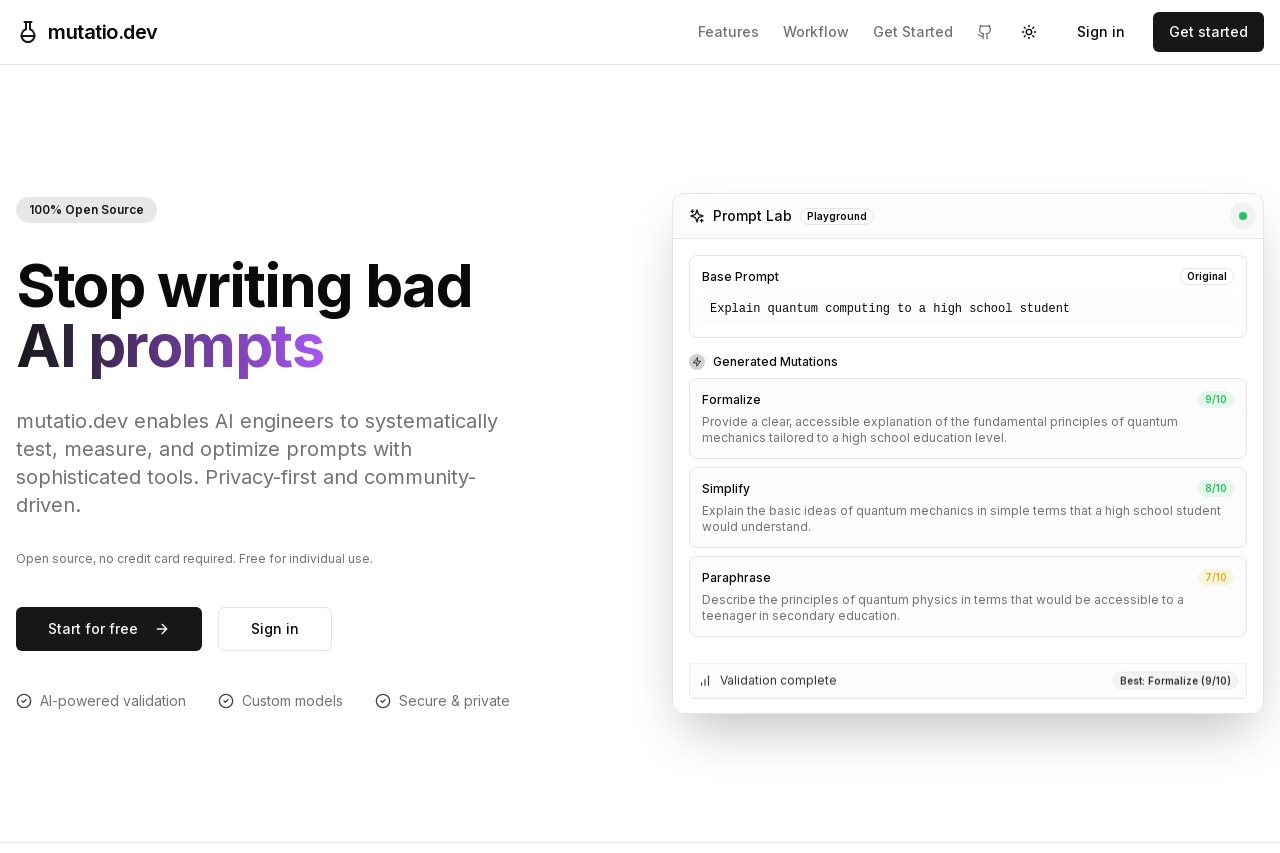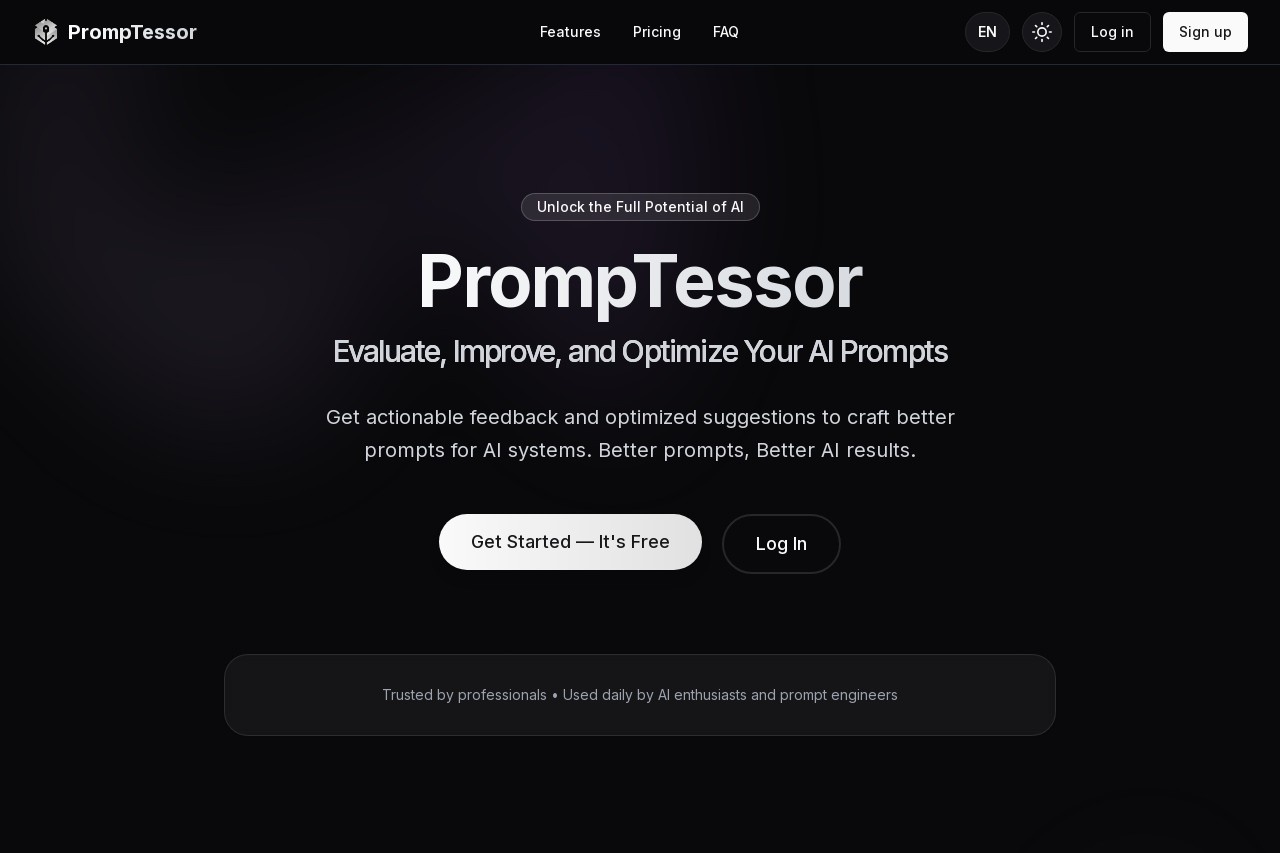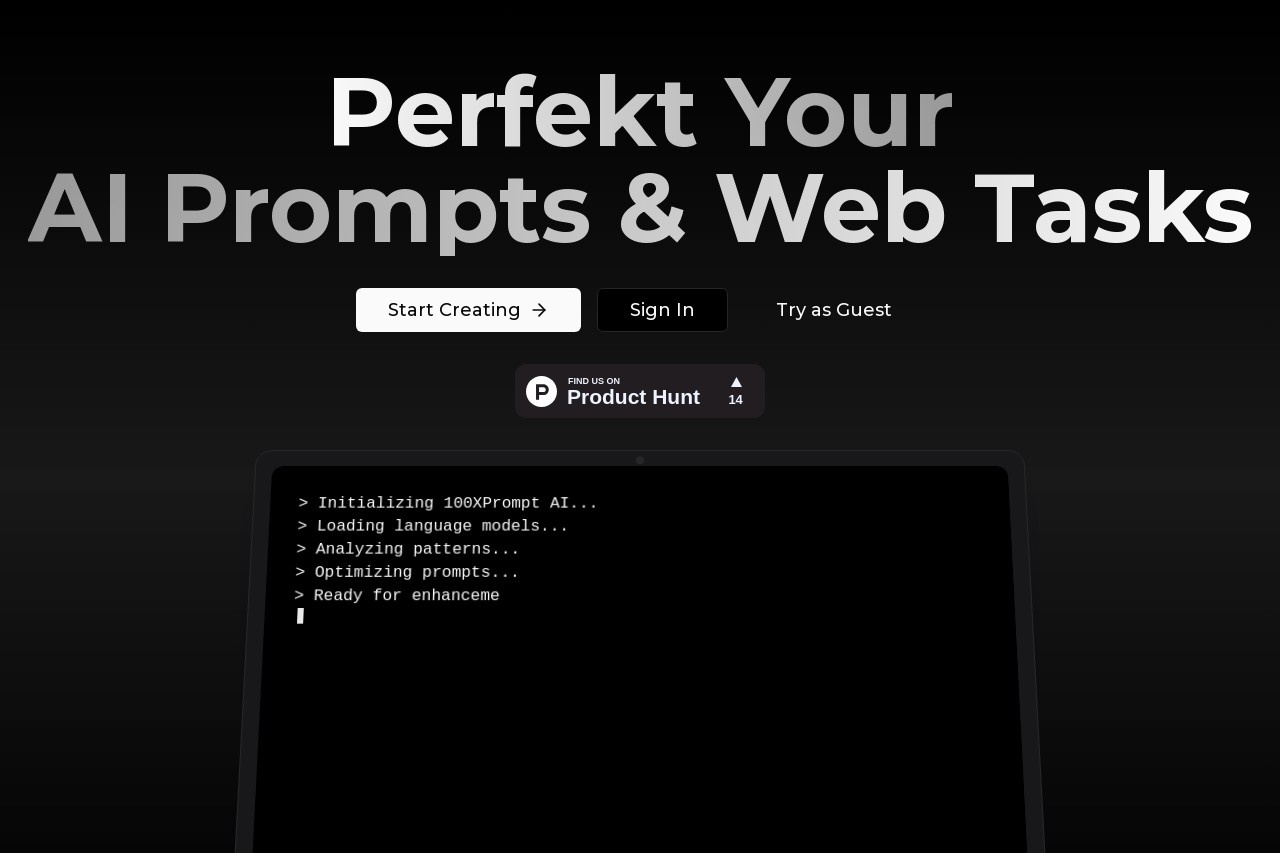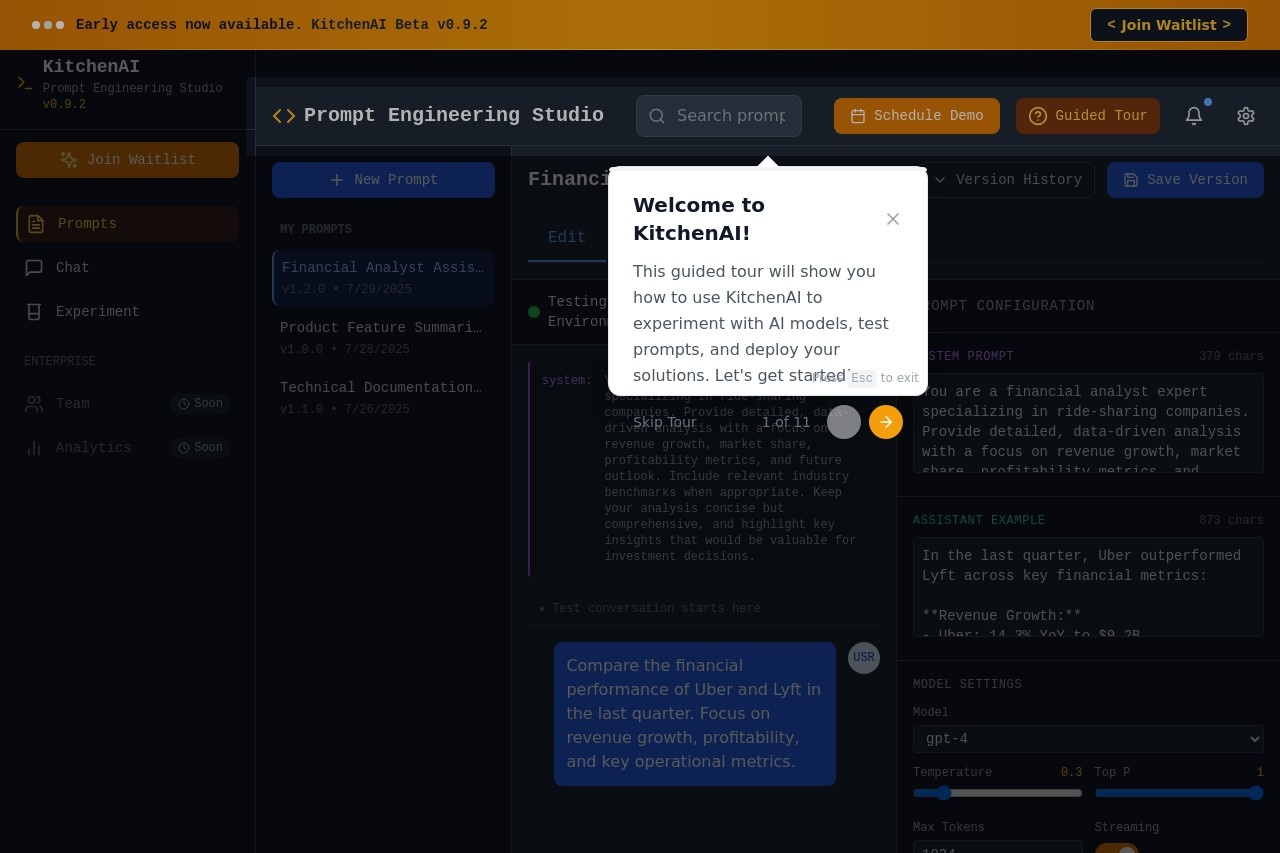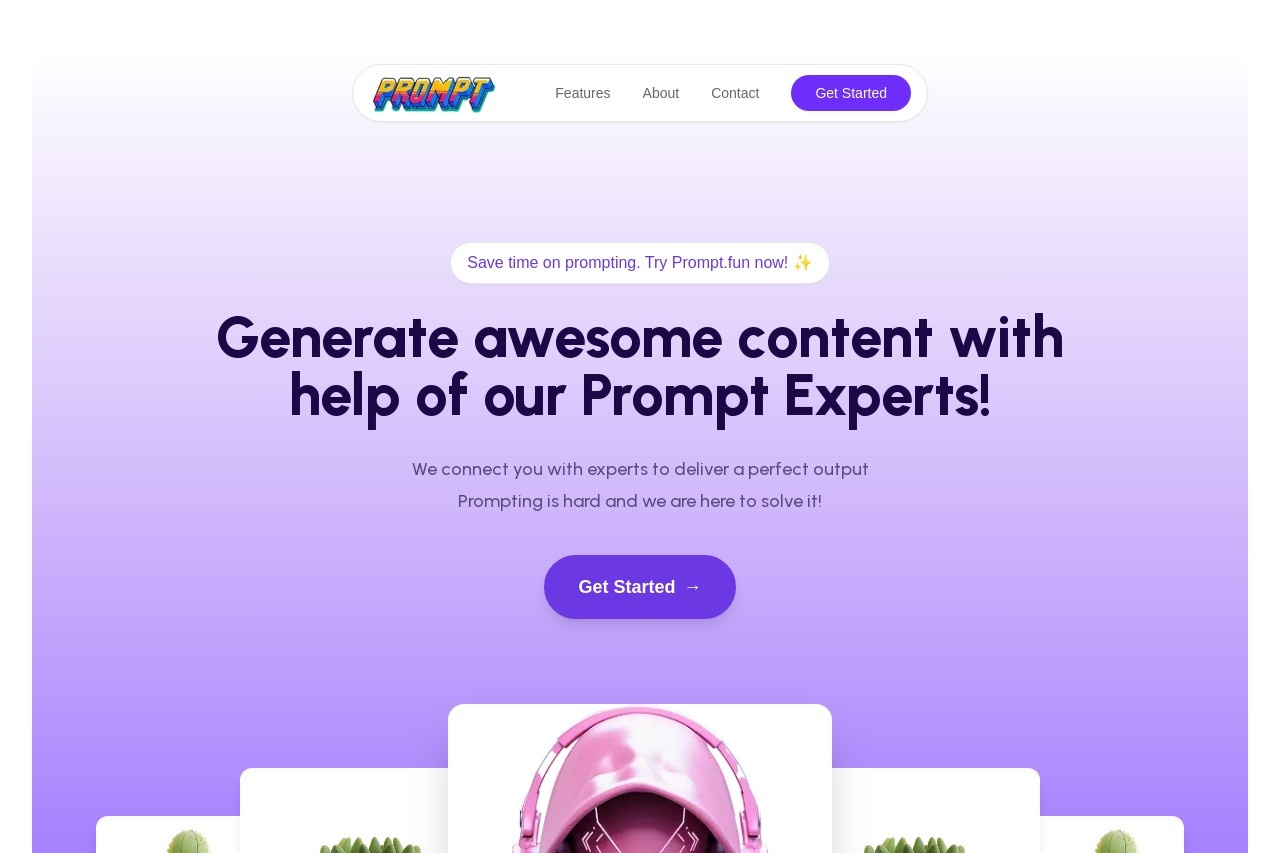
Learn to write effective prompts for ChatGPT with expert tips.
FindGptprompts
FindGptprompts: Learn to Write Effective Prompts for ChatGPT
Writing effective prompts is the key to unlocking ChatGPT's full potential. Whether you're a beginner or an advanced user, crafting clear and structured prompts ensures better responses. Here's how to improve your prompt-writing skills.
Why Prompts Matter
A well-written prompt guides ChatGPT to provide accurate, relevant, and detailed answers. Poorly constructed prompts may lead to vague or off-topic responses. Follow these expert tips to refine your approach.
Tips for Writing Better Prompts
- Be Specific: Clearly define what you need. Instead of "Tell me about history," try "Explain the causes of World War II in simple terms."
- Provide Context: Give background information when necessary. For example, "I'm a beginner in coding—explain Python functions with examples."
- Use Step-by-Step Instructions: Break complex requests into smaller parts. Example: "First, summarize this article. Then, analyze its main arguments."
- Set the Tone: Specify if you want a formal, casual, or technical response. Example: "Explain quantum computing like I'm 10 years old."
- Ask for Structured Outputs: Request bullet points, tables, or numbered lists for clarity. Example: "List 5 benefits of meditation in bullet points."
Common Mistakes to Avoid
- Vague Questions: Avoid overly broad prompts like "Tell me everything about AI."
- Assuming Prior Knowledge: Don’t skip essential details—ChatGPT doesn’t remember past interactions unless included in the prompt.
- Overloading the Prompt: Stick to one main topic per prompt to avoid confusion.
Practice Makes Perfect
The more you experiment with different prompt styles, the better your results will be. Start with simple queries, refine them based on responses, and gradually tackle more complex topics. With these techniques, you'll master the art of prompt engineering in no time.

